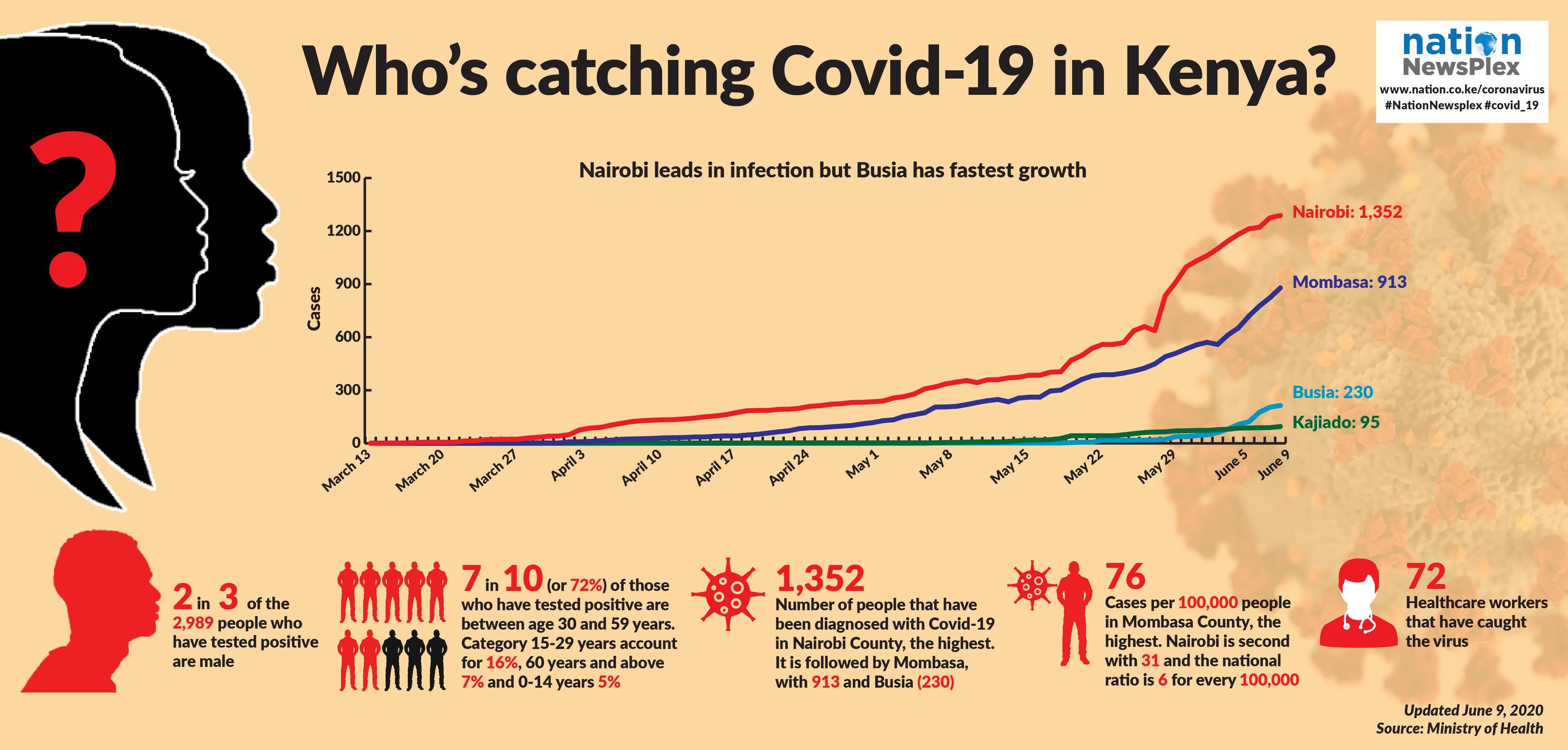Employers must prepare for female power shift

Kenyatta University graduation ceremony. IBM kicked off a $6 million programme to enhance training of technology and engineering in Kenyan universities. PHOTO | SALATON NJAU | NATION MEDIA GROUP
What you need to know:
- The transition will cause tensions, resistance and sometimes outright rejection.
- Some organisations have a very masculine and an often condescending culture on women.
- Their time is fast coming to an end.
When I was in primary school, out there in Tetu, Nyeri County, the headmaster would, as in most institutions of learning, summon parents for a meeting at least once a term.
What struck me about those meetings was that almost all the parents who showed up were men.
In the past 10 years, I have been involved in that school and many others in the region and beyond.
The one thing common in schools today is that more than 80 per cent of parents and guardians who show up for meetings are women.
CATCHING UP
Women, at least in rural Kenya, have more role models for children to look up to, are more present in their children’s lives and are increasingly their families’ breadwinners.
There are too many men hanging around, siring children and not taking responsibility.
Is this only a rural phenomenon? Statistics from the Economic Survey 2015 show that over 10 times more boys dropped out of primary school than girls.
In terms of absolute figures of students from primary school to university, males still have an edge, but the interesting thing about the statistics is that girls are catching up on every single indicator.
In fact, in the universities’ faculties of medicine, 51 per cent of the students are female, a percentage that is consistent with the country’s female share of population.
Women have finally taken their rightful place in this noble profession!
IMPLICATIONS
Looking at the growth trajectory over the past few years though, it is estimated that in the coming five years, 65 per cent of the students in the faculty would be female.
What is the implication of this in the workplace?
First, a little focus needs to be put on boys and significant interventions done right from the way they are brought up.
There are too many men hanging around, siring children and not taking responsibility.
Many boys, therefore, grow up as “orphans”.
WORRYING CONSEQUENCES
Society has to find a way of getting men “back home” and make them participate in the growth and development of their children.
Many reports show that women are getting better prepared for the rapidly changing world.
If we consider the fact that Africa will account for half of the global population growth in the next 35 years, we begin to imagine just how the gender tectonics will shift in our own homes and towns.
With this stark reality, the other thing that will change will be the dynamics of the workplace.
As our economy creates more jobs, most of these new positions will be taken by women.
The world will soon have more women professionals in all disciplines.
It might not be a bad thing at all but the consequences could be worrying.
An ideal society is where men and women equally participate in the running of homes or organisations.
Indeed, economists tell us of the gender dividend, that Gross Domestic Product growth accelerates with the participation of women.
FEMALE-FRIENDLY
The transition to this, however, is something we all have to watch. It will cause tensions, resistance and sometimes outright rejection.
Only organisations that embrace this reality early enough and prepare themselves to help optimise the output of the female majority will succeed.
Making the organisation female-friendly — for example, for pregnant and breast-feeding mothers and for mothers of young children and flexi times without pay discrimination — is one the things companies will embrace to attract this core talent.
In addition, other soft areas in terms of the culture and language of an organisation will be significant to attract the evolving majority.
Some organisations have a very masculine and an often condescending culture on women.
Their time is fast coming to an end.
It is interesting to note that the current important conversation among Kenyans, led by the political elite, is about the one-third gender rule on representation in Parliament.
So far, the debate has been mainly aimed at ensuring that the women and girls are not marginalised.
But looking at the statistical trend, my advice to men is to deeply entrench it because soon and very soon, it will come in handy for us.
Mr Gitahi is the chairman of the Federation of Kenya Employers and the chief executive officer, Nation Media Group






